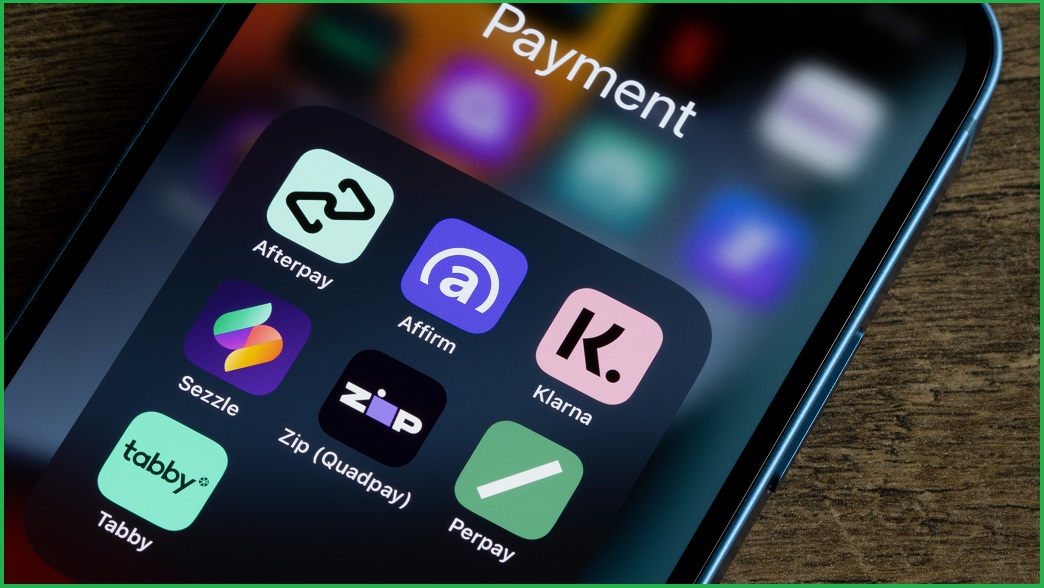The government is moving to regulate buy-now-pay-later (BNPL) services under the Credit Act and force companies like AfterPay, to follow a set of responsible lending obligations.
Financial Services Minister Stephen Jones on Monday that he wanted to maintain innovation and competition in the market but stop the “harmful effects of poor marketing practices and poor lending practices”.
“There is evidence that there’s been multiple accounts sold to people who simply can’t afford them, that people are missing essential payments, that people are going without so they can make their buy-now-pay-later and other credit payments,” he said.
“We don’t want to make it harder for people who are using buy-now-pay-later in the way it was intended, but we do want to ensure this form of consumer credit is regulated in a way that makes it safe and affordable to use.”
BNPL providers extend a line of credit to shoppers who pay for products with a set of interest-free loans. Merchants pay fees to the likes of Afterpay and Zip to use BNPL in their stores and drive up sales.
There have long been concerns about the effects of unregulated, easy-to-access credit on consumers but the previous government left the industry to self-regulate with a voluntary code of practice.
Late last year, the new government offered three options for regulating BNPL. One option was a continuation of self-regulation but with a stronger code of practice, and another option was to treat BNPL as any other credit service.
The government has opted for a different option: bringing BNPL providers under the Credit Act by requiring them to either hold a credit license or represent a licensee and thus comply with general credit obligations.
“Our legislation ensures that the obligations on BNPL providers are scaleable and technologically neutral,” Jone said. “We will make sure they are the right fit for the risk level of their products.”
Consumer advocacy group Choice welcomed the regulation but wants to make sure the government adequately protects vulnerable Australians.
"We need to remember how we got into this mess – through loopholes in our credit laws that allowed a whole new type of credit to emerge without proper regulation,” said Choice CEO Alan Kirkland.
“The government needs to resist pressure from the industry to build carve-outs in these new laws.”
Choice’s own research has found that a quarter of BNPL users have cut back on essentials to pay their debts.
Further research into the sector has found the credit services add to financial hardship.
In a 2021 survey of financial counsellors, Financial Counselling Australia found over half of them had noted BNPL was becoming a source of stress among clients, with many neglecting to see it as debt and failing to report BNPL debts as a liability.
Australian payments company Frollo has found, based on an analysis of customer data, that BNPL use is rising alongside pay advance services and that nearly a quarter of BNPL users are paying off their BNPL debt with a credit card.
“The majority of BNPL and pay advance providers don’t perform credit checks or report the debt to credit bureaus,” said Frollo’s chief customer officer Simon Docherty.
“Consequently, these ‘invisible debts’ make it difficult for other lenders to assess a borrower’s repayment capacity, potentially leading to lending to those who can’t afford it.”










